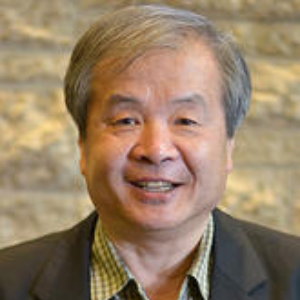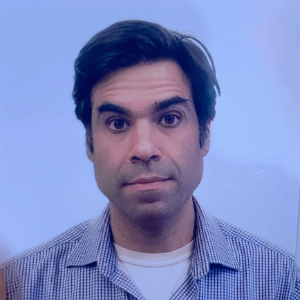Alzheimer's disease affects about 5.4 million Americans and is responsible for the majority of dementia cases. It is characterized by increasing memory loss and cognitive deterioration, just like other types of dementia. There is no cure for Alzheimer's disease, but there are therapies that can slow or stop the disorder from progressing, as well as drug and non-drug options for treating symptoms. Individuals living with the disease and their caregivers can cope with symptoms and enhance quality of life by understanding available options. There is no cure for dementia at this time. However, there are medic’tions and other treatments that can help with the symptoms of dementia. Because Alzheimer’s disease is the most common form of dementia, the majority of the drugs available are used to treat it. They can assist to alleviate symptoms for a short period of time.
- Advances in Treatments
- Therapeutic Approaches
- Drugs and Therapies

Yong Xiao Wang
Albany Medical College, United States
Nazneen N Dewji
Cenna Biosciences Inc, United States
Bin Hu
University of Calgary, Canada
James S Maniscalco
Northwell Health Staten Island University Hospital, United States
Nicholas Kendrick
Kaiser Permanente Mid Atlantic Permanente Medical Group, United States
Alford Madeline
CESPU University, Portugal
Charikleia Karastamati
University of Pavia, ItalySubmit your abstract Today
Important Alert:
X

Title : Early clinical development of modified P8 for the treatment of alzheimer’s disease
Nazneen N Dewji, Cenna Biosciences Inc, United States
Title : Who cares for the carers
Jacqueline Tuppen, Cogs Club, United Kingdom
Title : Memory should be the primary endpoint in early AD
Matthias W Riepe, Ulm University, Germany
Title : Down’s syndrome (trisomy 21) and alzheimer disease: A common medical and scientific fight
London Jacqueline, Paris Diderot University, France
Title : Quality of life children with autism spectrum disorder
Zhenhuan Liu, Guangzhou University of Chinese Medicine, China
Title : Efficacy of transcranial photobiomodulation in mild cognitive impairment and early alzheimer’s Disease: A randomized controlled study
Hyelim Chun, St.Peter’s General Hospital, Korea, Republic of